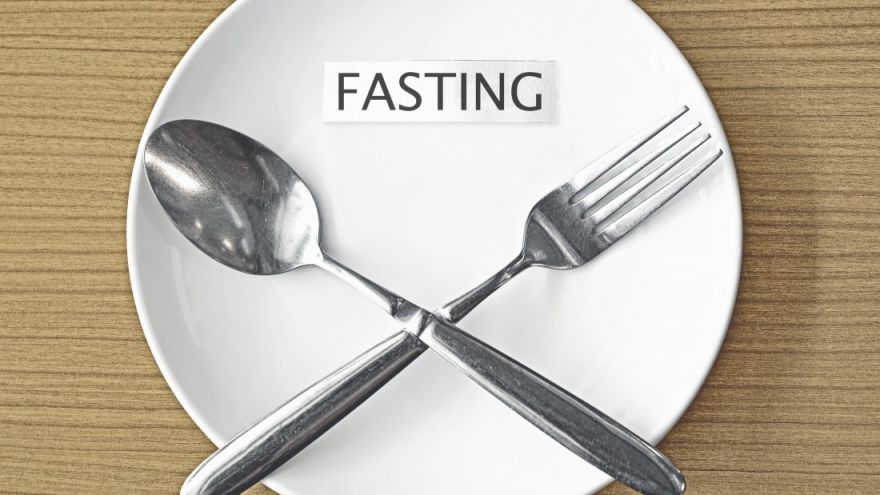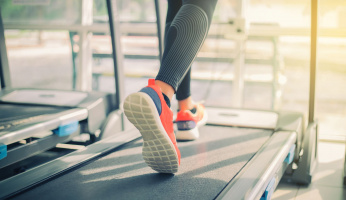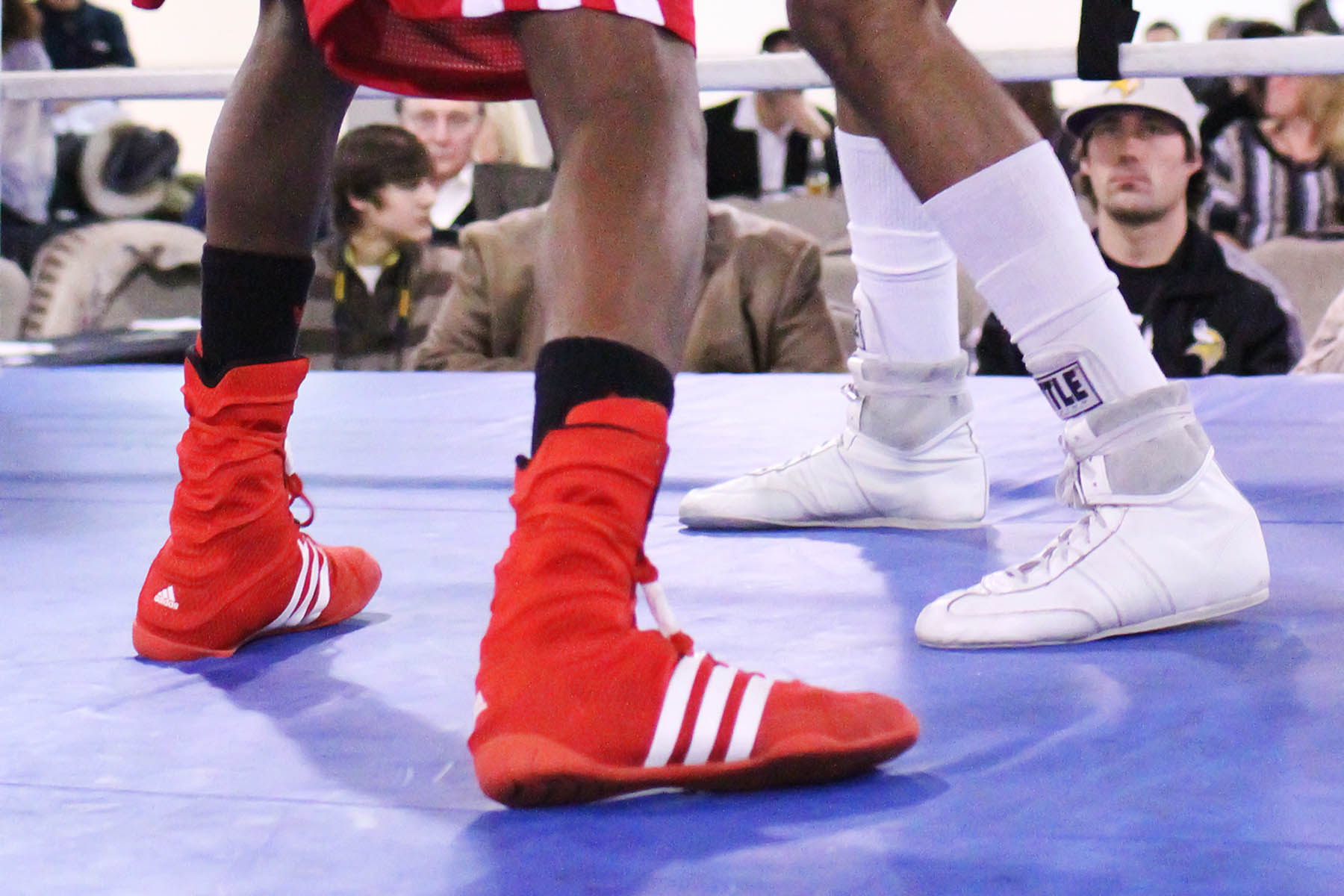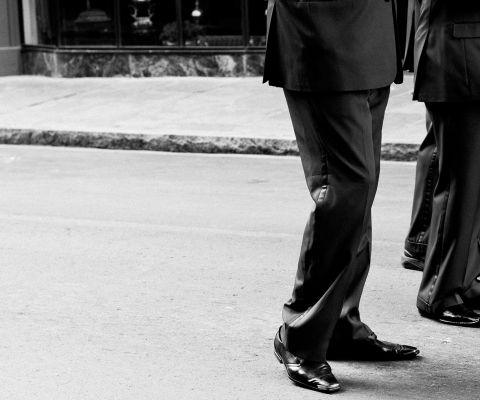Fasted Running: Should You Run On An Empty Stomach?

If you run first thing in the morning, you might be the type of person who heads right out the door without putting any food or drink into your mouth. Why do runners do this? There are a variety of reasons. The question is, should you run on an empty stomach? Should you run fasted? Is It better to take in some calories prior to running? Why or why not?
Running Right After You Awaken
The first advantage that I hear from runners who focus on the run as soon as they wake up and roll out of bed is clear: they like to get the run over with. Some runners say it is because they will feel amazing for the entire day if they start their morning with exercise. Other athletes note that it is the only way they can guarantee to fit a run in.

A group of predawn runners I often find myself talking to joke that they like to start running before their brain wakes up and realizes what they are asking of it! There are also those who feel that fasted running is best because they don’t run well with food in their stomach. Last, there is a group of people who swear that the first-morning run revs their metabolism for the day, helping with weight control and/or weight loss.
Whatever the rationale, many people prefer running right of the bat!
Is It Good To Run On An Empty Stomach?
If you have not eaten all night, that means you have been fasting for anywhere from 6 hours to upwards of 10. Glycogen levels are low when you have not eaten. This is important because glycogen is how the body stores carbohydrates, which are used for energy. Can you see where this is going? When your body can’t turn to the glycogen for an energy source, it has to move to fat. This is when an athlete has become what is called fat-adapted.
What does it mean to become fat-adapted? It means your body is acclimated to using your stored fat as fuel. For some runners, this also means they are less likely to want or need carbohydrates as fuel for running. This is important to runners who like to eat low carb. Other runners swear by running fasted for caloric burn.
How Long Can You Run On An Empty Stomach?
Research shows that you can actually run about 2 hours at a marathon pace before you have fully depleted your body’s stores of glycogen. Having said that, everybody is different.

Personally, I am good for only three or four miles if I am running fasted. I have running buddies, on the other hand, who run most of their runs fasted, and that includes longer runs. One friend of mine ran an entire marathon without taking in any fuel. That includes food, drinks with calories or even water! Please note, this type of runner is not the norm. I also want to note that once he started fueling, his already fast times got even faster.
The rule of thumb for most runners seems to be that you can run less than an hour without fuel. If you plan to run for longer than that, you should plan to take in fuel for every 45 minutes of continuous effort.
Benefits of Fasted Exercise
Running on an empty stomach has some benefits. The clearest one to me is that since a lot of food upsets my stomach when I run, if there is nothing in my stomach, that alleviates that concern. I was surprised at how many people respond that they run fasted just because their stomach is happier. I should note that these people usually take a different stance if they are racing or running long.
For those who have regular running-related digestive issues such as nausea, diarrhea, and intestinal cramps, running fasted is a smart decision! This is to say, as long as it does not leave you lightheaded and feeling weak. It can be a delicate balance.

Those who engage in fasted running feel they have better appetite control for the entire day. Whether this is physical or psychological does vary based on the person. What I mean by that is, some people sincerely feel less hungry, while others report that first-morning exercise keeps them focused and making better decisions all day long.
As mentioned earlier, your body also gets used to burning fat for fuel. This state of higher fat oxidation is useful for athletes and those trying to limit caloric intake. The more efficiently your body runs, the less fuel you need to take in during long and challenging running efforts.
There are also studies that show that for some athletes, fasted exercise does improve aerobic endurance.
Will I Lose Muscle If I Workout On An Empty Stomach?
While fasted exercise likely won’t cause you to lose muscle, you also won’t gain it. As you know, in order to gain muscle you need to engage not only in a certain type of exercise but also to fuel your body in a very specific way.
It is also true that if you work out fasted and do not replenish your calories adequately, eventually, your body will suffer the consequences. Most athletes know that your body needs some type of protein and carbohydrate within 30-45 minutes of intense exercise in order to aid in recovery.
If you fail to give your body the nutrients it needs to recover, you are not doing yourself any favors.
Intermittent Fasting
Although it has been used for a long time by many people, intermittent fasting has plunged into the dieting scene with full force. If you are thinking about fasted exercise because you are making conscious choices to fast and only eat within a certain window of time, you should be sure your body can handle it.
Some people use the 16:8 intermittent fasting. This means they fast for 16 hours and eat all of their daily calories in an 8-hour window. Athletes using this style may find they need to exercise right before their fast ends. Otherwise, their energy level dips low.

Other athletes find that they need to be part way through their eating window. If they try to exercise at the end of their fast, their workout suffers.
The point is that exercising fasted and then eating a balanced meal is far different than trying to exercise after a very long and extended fast. You need to be careful not to over-tax your body.
So, Should I Try It?
I have run fasted and I have run with some fuel in my body. If you are intrigued by fasted workouts, by all means, give it a whirl! My advice is not to start out with a long run or very intense effort. Any type of changes to your workout regiment should be done carefully and deliberately to always put your personal safety first.















